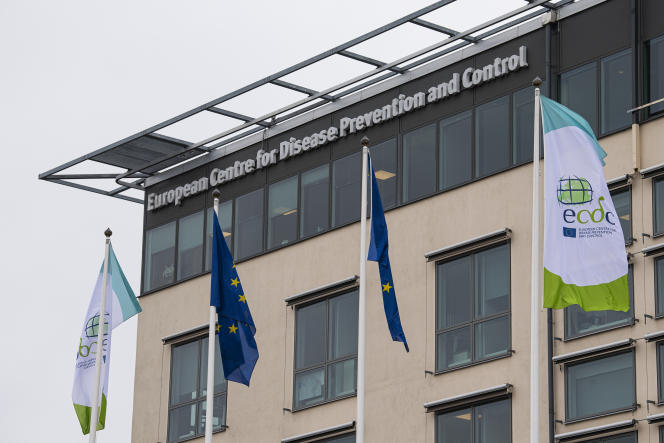The number of confirmed cases of monkeypox worldwide has reached 219 outside countries where the disease is endemic, according to a report released on Wednesday May 25 by the European Union (EU) disease agency. “Most of the cases are young men, self-identifying as men who have sex with men. There were no fatalities,” the Stockholm-based European agency said.
Out of the eleven African countries where this rare disease is endemic, three countries currently concentrate the bulk of confirmed cases: the United Kingdom, the first country where unusual cases were detected in early May (71 cases), Spain ( 51) and Portugal (37), according to the ECDC. Europe concentrates most of the cases with 191 cases, including 118 in EU countries. Canada (15), the United States (9), Australia (2), Israel (1) and the United Arab Emirates (1) are the six non-European countries with cases considered confirmed. Suspicious cases are not counted in the report.
The total number of cases identified by the ECDC has almost quintupled since its first tally on May 20, when the agency counted 38 cases. On Monday, in its first risk assessment, the ECDC had however considered that the probability of contagion in the general population was “very low” but that it was on the other hand “high” in people with several sexual partners. On the same day, the World Health Organization (WHO) confirmed an “atypical” situation but deemed it possible to “stop” this transmission of the disease between humans.
The disease, a less dangerous cousin of smallpox, eradicated for about forty years, is endemic in eleven countries in West Africa and in Central Africa. It first results in a high fever and quickly evolves into a rash, with the formation of scabs.

















